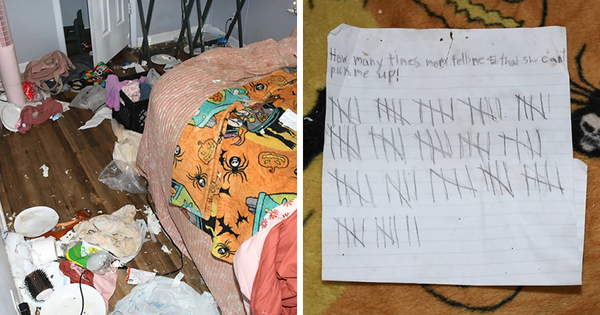
Attorney-General Michelle Rowland has been urged to "make her mark" on whistleblower protection reforms.
Speaking at the National Whistleblowing Symposium in Canberra on Wednesday, independent MP Andrew Wilkie said he would be speaking with Ms Rowland when parliament returned in July.
He joined other crossbenchers Helen Haines, David Pocock and Jacqui Lambie in introducing the Whistleblower Protection Authority bill in both the House and the Senate earlier in 2025, before the federal election.
The bill would set up a new independent statutory authority responsible for providing guidance and support to whistleblowers and those considering reporting misconduct.

Asked about the new attorney-general, Mr Wilkie said "she can't be any worse than the last one" in reference to Mark Dreyfus.
"Despite all of the promises for reform, the only thing that was done for whistleblowers directly, was some very minor tidying up of some parts of the Public Interest Disclosure Act," he said.
"So all of those promises came to nothing.
"Here's an opportunity for Michelle to make her mark."
On the National Anti-Corruption Commission, Mr Wilkie said it has had "disappointingly little influence on things up until now".

Transparency International Australia chair AJ Brown said this was a "key moment" for Australia to avoid going down the path of the US, which had different whistleblower protection regimes and countless pieces of legislation.
Professor Brown said research on whistleblowing had shown that even when organisations do listen to the people who uncovered the misconduct, those individuals wouldn't necessarily be protected.
"Who gets left hanging out to dry? It's actually the people who raised the concern in the first place, because they're the ones who are often left unsupported, even when the agency does actually listen to them," he said.
Thrive Integrity principal Lauren Witherdin said there was always going to be a tension between wanting to get evidence to prove the misconduct occurring, against following the process.
"Sometimes you can't do both, and the decision has to be made," she said.
"The bottom line is we need to even the playing field so that people in those positions can access legal advice early on, so that they, at a minimum, have full awareness of what they're heading towards."







